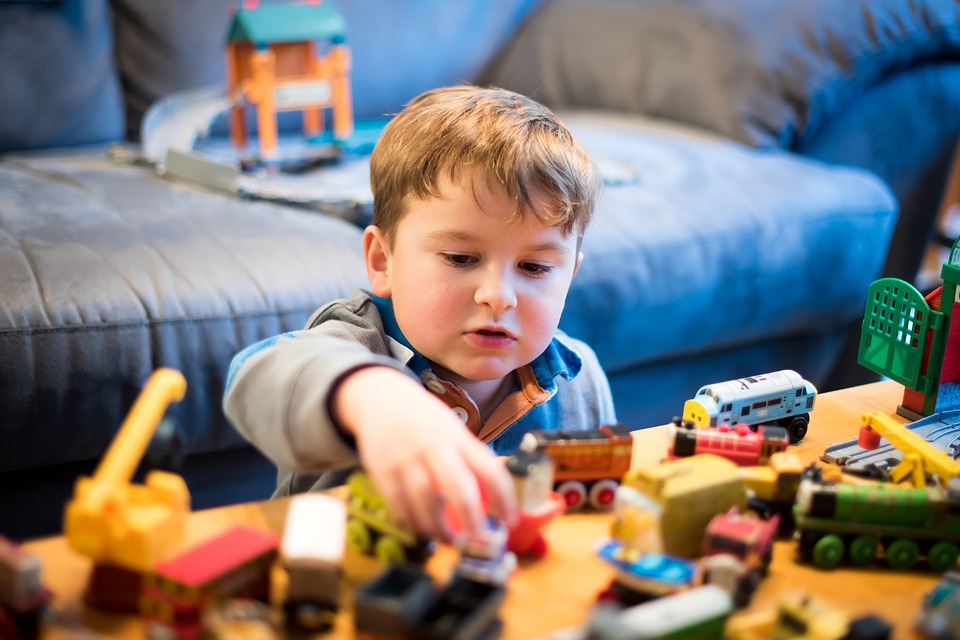Kids are messy, disorganised creatures by nature.
This is understandable when one considers their executive functioning skills are still developing.
Plus they have different priorities to adults. Who wants to clean their bedroom when there are bikes to ride, balls to kick and Creepers to kill on Minecraft?
And, to be honest, I get it.
I’ve got better stuff to do than housework. There’s money to earn, errands to run, meals to prepare and kids to ferry around endlessly. I’ve also been known to prioritise a nap and a cup of coffee (or six) as well.
Besides which, I’m not the neatest person in the world. My house is relatively tidy, but things tend to pile up in places they shouldn’t and the dust bunnies are counted as family pets.
So when my kids’ rooms get a little messy, who am I to judge?
Toys are to be played with, books are to be read, clothes are to be worn.
Some might say I’m not teaching my kids self-discipline. Some might even accuse me of lazy parenting because I don’t insist my kids have tidy rooms or don’t tidy them for them.
Maybe they are right. But I want my kids to feel comfortable in their space.
I want my daughter to feel free to play with her Barbies whenever she wants. And my bower bird son should feel free to proudly display his collections of randomness without fear of me throwing them all out.
 It isn’t complete anarchy – I do have some general rules:
It isn’t complete anarchy – I do have some general rules:
- Toys in living areas need to be put away
- Clothes will only get washed if they get put in the laundry
- Books don’t belong on the floor
- There needs to be a clear path to the bed
- No food in bedrooms
- When I do ask for a room tidy, it gets done.
Allowing kids to let their room get messy also teaches them certain things.
For example, it teaches my two boys negotiation and compromise. Things can get interesting, as one of them likes the room relatively tidy, while the other is chaos on two legs. They have some shared space as well as some individual space and sometimes lines get crossed. But they generally work it out, divvying up jobs like putting clothes away and packing up Lego.
They also learn responsibility. The greatest lesson being that things are less likely to get “lost” if they have a home. I ensure there is sufficient storage in their rooms so there are no excuses if things can’t be found because they didn’t get put where they belong.
This goes for the rest of the house too; bags and hats on hooks, lunchboxes in the cupboard, shoes by the door etc.
Reinforcing this level of organisation in shared spaces will hopefully help develop those executive functioning skills so they can apply them to their personal spaces in later life.
In the meantime, I’ll just close their bedroom doors.

